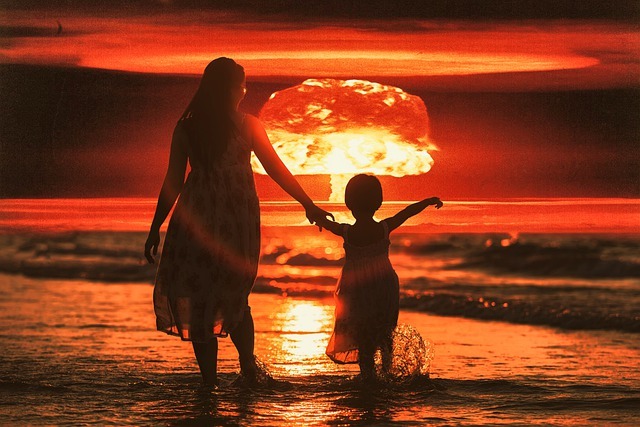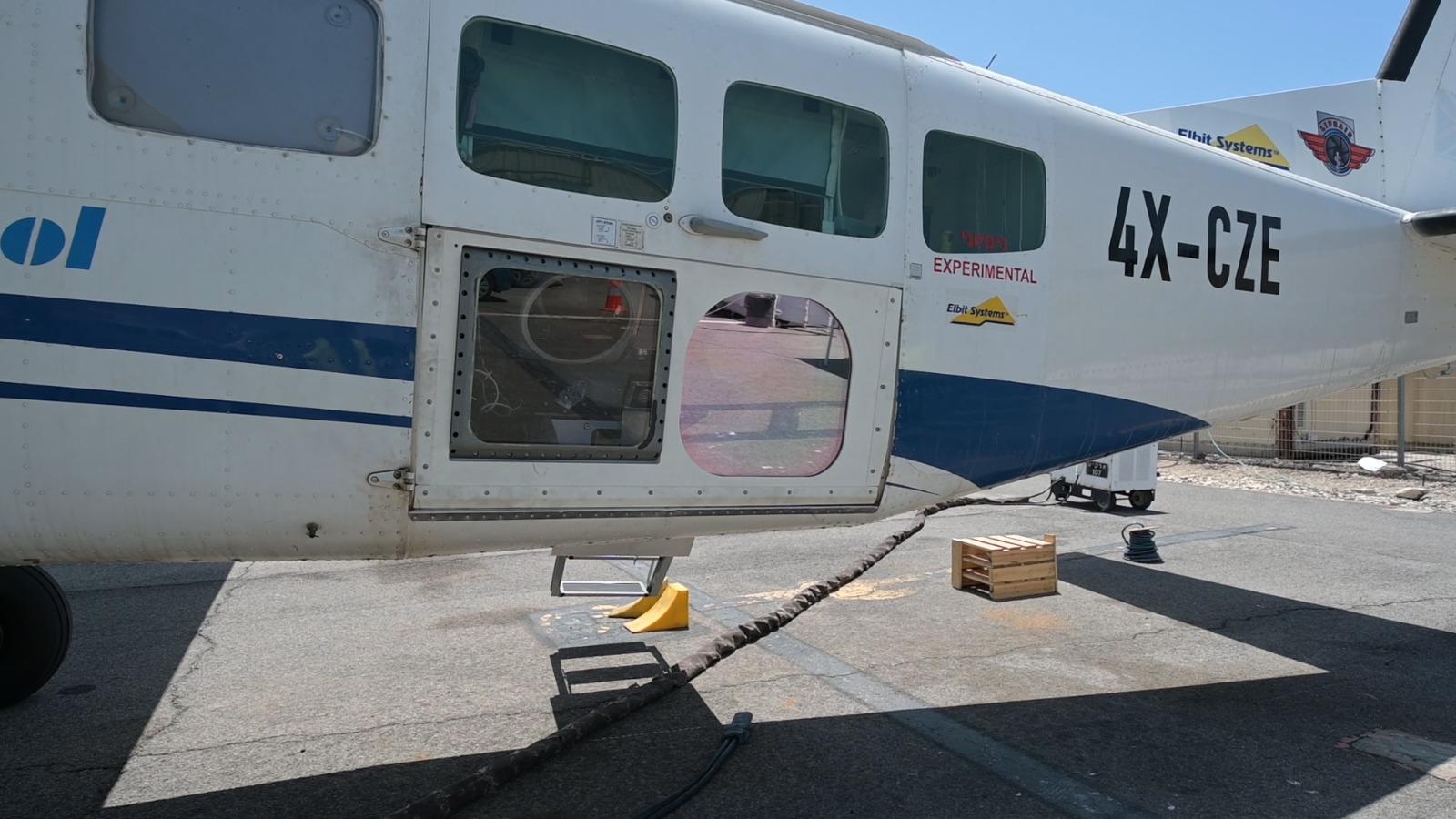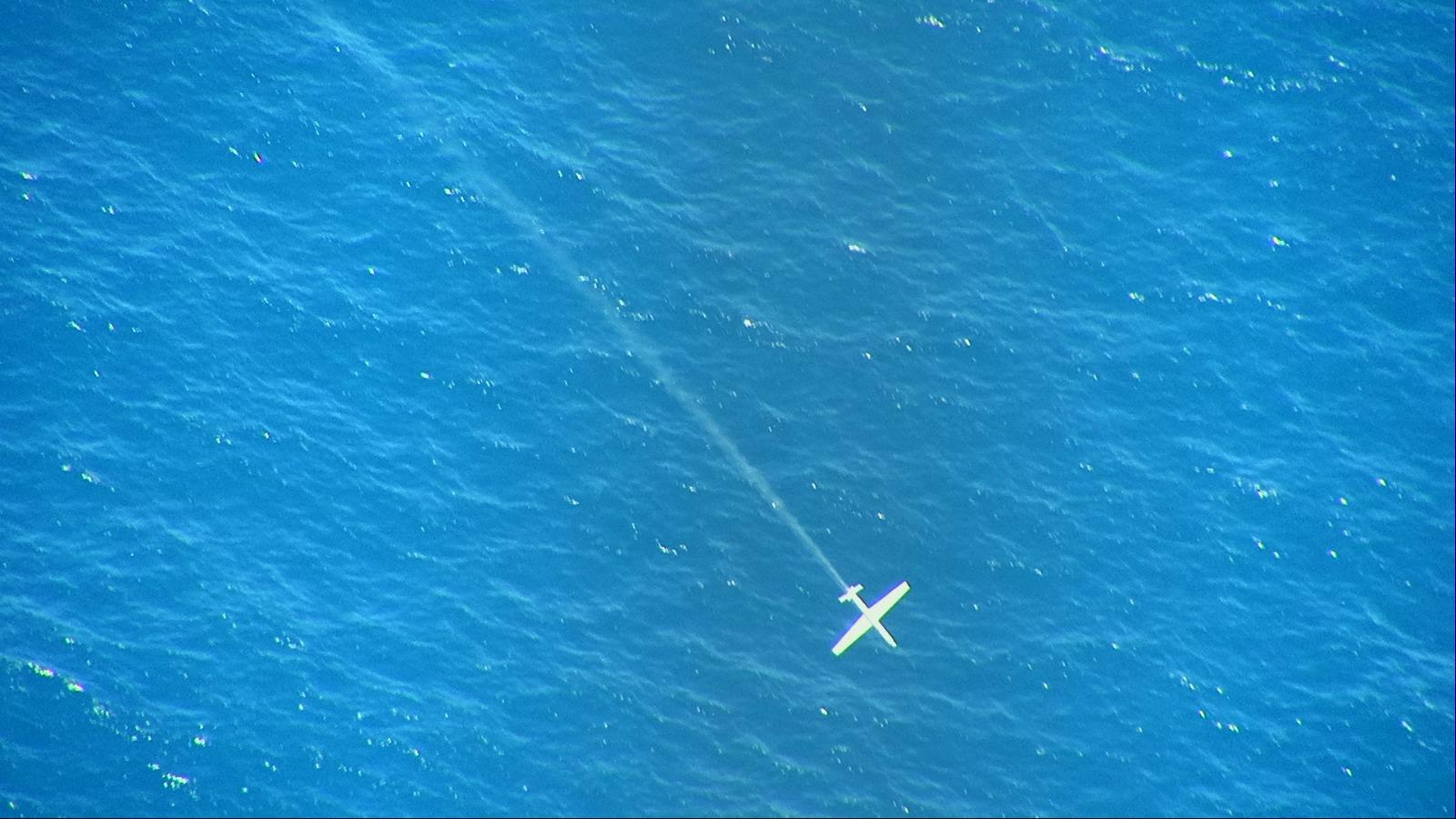Russia announces that it has withdrawn from Snake Island, in the Black Sea, as a “gesture of goodwill”, ending the occupation of the island that began in February. However, Ukraine says that it drove out Russian forces from the island after a massive artillery assault. However, another view exists that a window of opportunity to end the conflict is being offered.
The staunch western media coordinated response to Russia’s announcement to its ‘withdrawal initiative’ from Snake Island, indicates a new direction in the war’s course. A defiant reply to Russia at this vulnerable stage in the war’s progress sets a precedence for how the confrontation could be possibly wound down.
The actual gesture itself could have more meaning than the facts behind it being made. There is a developing trend that considers the uncompromising approach by Ukraine and its many allies to entertain any peace terms other than a full Russian withdrawal from Ukrainian territory as being unwise and counter productive.
The reality on the ground suggests that current Russian gains in the east of Ukraine will make any claim by Ukraine to only end the war on condition of full territorial restoration, a mute point. What are the true facts? NATO with American aid is expanding its troops on the ground in vulnerable places, based on a perceived exposure to wider Russian territorial ambitions. This military response takes place in a background of a possibly even greater vulnerability.
Historically, every leader of Russia is as secure as his political tenure allows. The western economic blockade has clearly led to destabilizing Russia’s financial interests. These sanctions were calculated to cause internal strife in Russia, thereby instigating an internal revolt against Putin’s leadership. However, with the strong Russian grasp on propaganda resulting in Putin having secured a large mandate to continue the war, this approach of undermining him seems unlikely to succeed. However, that doesn’t mean that the economic blockade is a failure. What it does suggest is that Putin is being personally backed into a tight corner with no apparent thought given as to how he can react to this external pressure.
The threat was made of Russia utilizing a nuclear response should the country’s existential stability be made vulnerable. Considering that the original rationale behind the invasion of Ukraine was allegedly instigated due to its desire for NATO membership, based on the fact of NATO being initially formed to counter a possible Russian invasion, the present turn of events could serve to not only justify Putin’s primary reason for attacking Ukraine, but also for issuing the threat of a nuclear response to any threat from NATO against the Russian homeland.
The current lineup of NATO and American troops against Russian armed forces is a risky gamble and dangerous enterprise. Putin did make a gesture, and it is puzzling to understand why it is being not only ridiculed but also forcibly rejected, with a heavy handed response from the western allies. While, it’s probably true that Snake Island was won by an Ukrainian military campaign, it does appear that rubbing Putin’s words in the dirt serves little purpose rather than to declare the the Russian leader has no way out of the quagmire. Conversely, Putins gesture could also suggest that far from him making a cynical gesture, he might actually be trying to suggest a way of deescalating tensions.
One could argue that Putin has already achieved a limited military objective in the eastern campaign. Ukraine appeals that they should continue to regain its territory, while understandable, is less practical at this late juncture. Where can the initiative for a cease fire originate from at this stage? It is all too clear that Ukraine and its allies have adopted a belligerent approach to the war’s continuation, despite the tide being changed in its fortune. The argument that Russia could regroup against the rest of Ukraine at a later stage is a reasonable assumption. This mindset can also apply to Ukraines’ threatened neighbors. However, that same equation works both ways. A cessation of hostilities gives room for all parties to the conflict to lick their wounds and prepare for a future return of hostilities.
Does Ukraine really have the upper hand in the east to justify a new counter-offensive as seen in previous months? The answer seems to be a resounding negative. It can bring in allies to restore its lost initiative, but it really doesn’t appear to be worth the risk at this point.
A gesture of peace was made by Putin. True he is backed in a corner, but he is a fighting man to be respected and also feared for his potential. It is also possible that has a modicum of common sense to see a way out that while admittedly preserving his leadership, also helps to bring us back from the brink of a deepening global crisis.













